Hamas visit to Switzerland sparks outcry
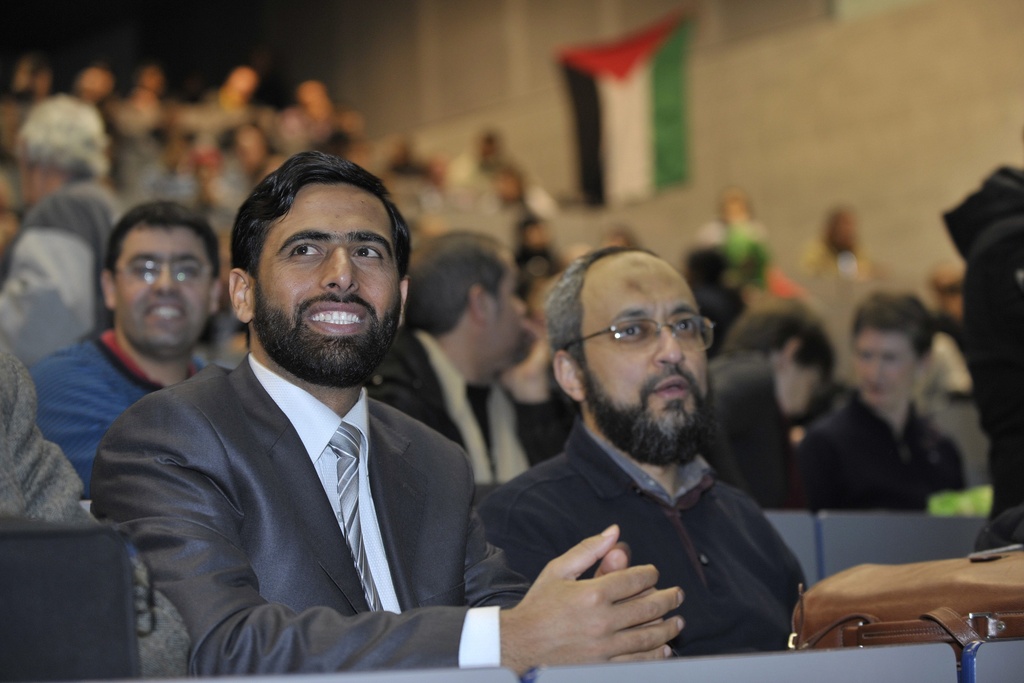
A Hamas delegation visiting Geneva has defied protests to attend a session of the Geneva-based Inter-parliamentary Union (IPU) and a university conference on Gaza.
The Swiss-Israeli Association and Israeli officials had slammed the visit. The Swiss authorities meanwhile continue to talk to Hamas as part of a policy of dialogue with all parties to the Middle East conflict.
On Wednesday evening around 100 people, some waving Swiss and Israeli flags as well as placards with slogans such as “No rights for terrorists” and “Spirit of Geneva ≠ Hamas”, demonstrated outside Geneva University.
The protest took place ahead of a conference organised by the Droit Pour Tous (Right for all) non-governmental organisation to commemorate three years since the Israeli offensive against Gaza. Spokesman of the Palestinian Hamas movement, Mushir al-Masri, was among the half a dozen speakers.
“He’s a dangerous man,” Geneva resident Yehuda Dishon told swissinfo.ch. “Just like all those Hamas people who continue to send hundreds of rockets against Israeli civilians. Today he had the cheek to say on Swiss radio that Hamas tries not to attack civilians.”
Inside the packed university lecture theatre, Al-Masri recalled the 22-day offensive known as Operation Cast Lead launched against Gaza on December 27, 2008, which he said led to “1,500 Palestinian deaths, 5,000 injured and 20,000 homes destroyed”. Some 11 Israeli soldiers and three Israeli civilians also died.
He added that he had travelled to Geneva to also talk about the current “great suffering” of the Palestinians living under the blockade.
“Even in the face of terrorist crimes committed by Israel, I want to stress that the Palestinians will keep their hopes alive fighting for freedom by any means necessary,” said the Hamas spokesman.
Human rights hearing
Al-Masri had come as part of a Palestinian delegation that spoke at a hearing on January 14 at the IPU’s Committee on Human Rights of Parliamentarians, which examines alleged rights abuses against lawmakers.
The Swiss trip was organised after the committee invited a Gaza-based NGO to give evidence, and the group had put forward Al-Masri and his colleague Khamis al-Najjar.
Israeli authorities condemned the IPU invite. Israeli Foreign Minister Avigdor Lieberman described it as “an example of international hypocrisy”.
The Swiss-Israeli Association said the invitation represented “an insult to democratic values and human rights that represent the spirit of Geneva”.
IPU Secretary-General Anders Johnsson said he regretted the controversy but defended the decision to invite the delegation: “Our invitation has been misunderstood… the IPU doesn’t deal with Hamas, but the IPU committee deals with the rights of members of parliament, whoever they are.”
MPs held
The IPU committee examined the cases of Palestinian parliamentarians held in Israeli jails.
In a statement it said a group of 20 members of the Change and Reform Party who were elected in 2006 to the Palestinian Legislative Council were held in administrative detention for periods of six months, which were renewed by the Israeli authorities.
“The committee is working to have this practice redressed,” Johnsson told swissinfo.ch.
“The IPU doesn’t have relations with Hamas, we deal with the Palestinian parliament,” he added.
This was the first time officials from the Islamist movement had attended a session of the IPU, which fosters dialogue between MPs from parliaments around the world in a bid to promote “peace and cooperation among peoples” and “the firm establishment of representative democracy”.
Swiss policy
The Swiss foreign ministry stressed that the Hamas delegation had been in Switzerland at the invitation of the IPU.
“Switzerland, as host of the organisation, is obliged to facilitate the entry of people officially invited by the organisation,” explained ministry spokeswoman Carole Wälti.
Al-Masri told Swiss television that the Hamas delegation had also held contacts with Swiss parliamentarians and officials in the capital, Bern, but did not reveal the content of their talks.
The Hamas visit to Switzerland coincides with alleged contacts between Hamas chief Khaled Meshaal and Swiss Middle East envoy Jean-Daniel Ruch (see freeform) on Wednesday, said to be part of efforts to normalize relations with European governments.
Switzerland continues its policy of dialogue with all parties to the Middle East conflict, including Hamas. Meanwhile, other western powers like the United States, Israel and the European Union classify Hamas as a terrorist organisation due to its refusal to renounce violence and recognise Israel.
“Switzerland has regular contacts with Hamas which stem from its traditional policy of dialogue, in particular over conflict resolution, respect for human rights and international humanitarian law,” said Wälti.
Hamas chief Khaled Meshaal met the Swiss Middle East envoy in Cairo on January 18 as part of efforts to normalize relations with European governments, sources in the Islamist movement told the AFP news agency.
A Hamas official, who spoke on condition of anonymity, said Meshaal and Jean-Daniel Ruch discussed the possibility of relations between Europe and the Islamist group.
The talks “addressed the political situation in light of the Arab Spring and the Palestinian political situation,” he said on Thursday, adding that the meeting was attended by several other top Hamas leaders.
The Hamas delegation stressed “the importance of Europe being open to the movement and the need to end the bias against one Palestinian side in favor of the other,” an apparent reference to its rival Palestinian movement Fatah.
Mushir al-Masri told AFP Wednesday’s meeting was part of a broader process. He said the talks “come within the framework of the Hamas political bureau’s contacts with some European parties and its policy of openness towards the Europeans.”
“We stressed during all our meetings in Switzerland the need for openness and positive engagement between Switzerland and the European countries, and the Hamas movement, because Hamas is open to Europe,” Masri added.
The Security Council has agreed to a briefing on the humanitarian situation in the Palestinian territories – a move pushed by the Palestinians.
The council was briefed by UN humanitarian chief Valerie Amos, who visited the Middle East recently.
She said violence by Israeli settlers was increasing, and called Israeli settlements a growing problem in the search for peace.
Riyad Mansour, the Palestinian UN observer, had asked for the briefing to focus particularly on the humanitarian impact of Israel’s continued settlement building.
Ambassador Susan Rice of the United States, Israel’s closest ally, told reporters on January 17 that this was not the “optimal time or focus”.
She said she expected the briefing to include the situation in southern Israel, which has been facing rocket attacks from Hamas-controlled Gaza.

In compliance with the JTI standards
More: SWI swissinfo.ch certified by the Journalism Trust Initiative

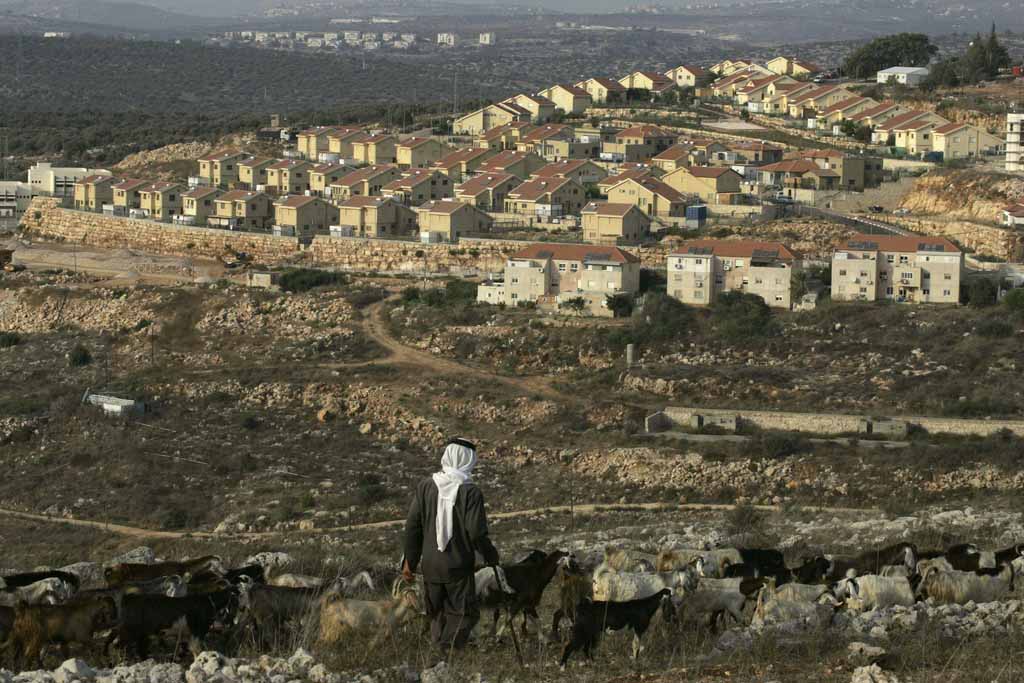
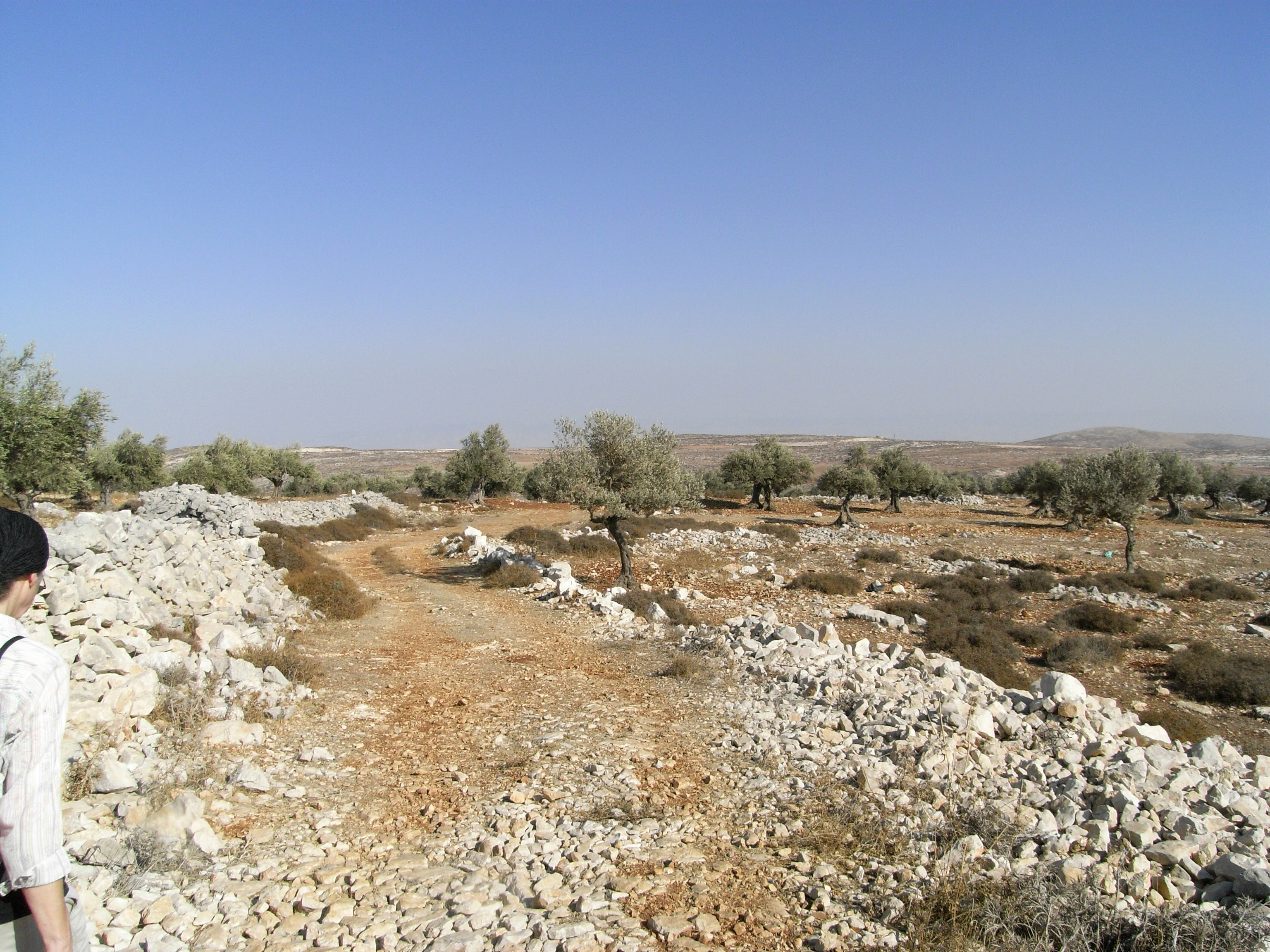
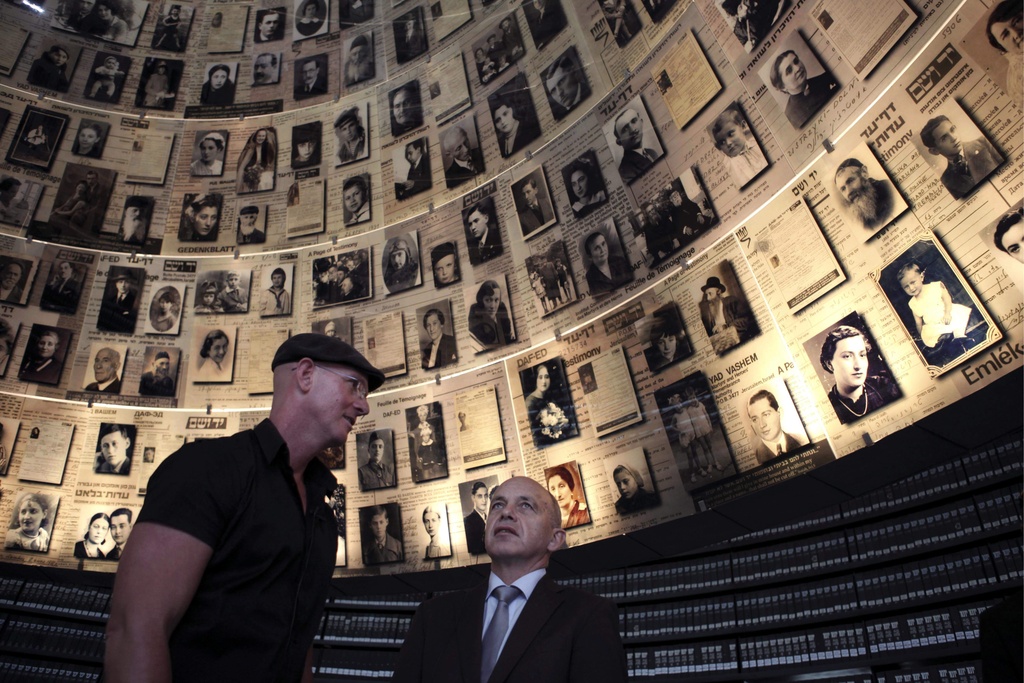
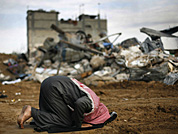
You can find an overview of ongoing debates with our journalists here. Please join us!
If you want to start a conversation about a topic raised in this article or want to report factual errors, email us at english@swissinfo.ch.